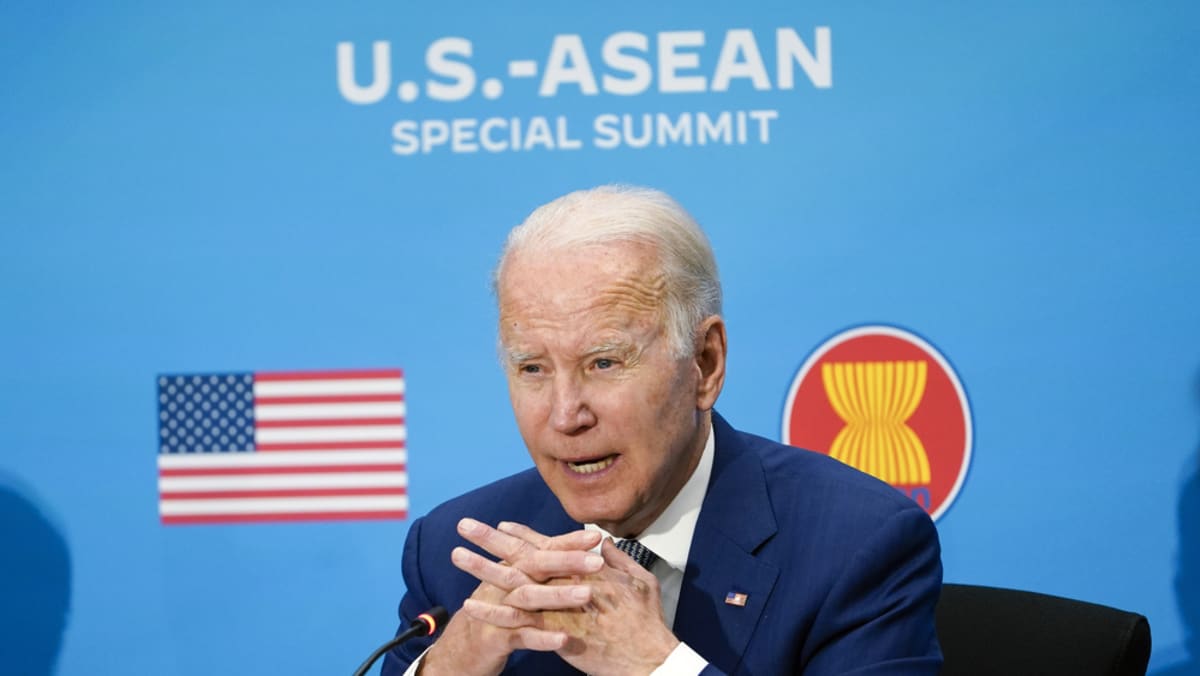At global summits, Biden aims to assert America’s leadership
Tensions have been rising between the two nations over Taiwan, particularly after House Speaker Nancy Pelosi’s visit in August to the self-governing island and Biden’s repeated remarks that the US would militarily defend Taiwan if attacked by China – comments his aides have repeatedly walked back.
The matter of Trump-era trade penalties on Chinese goods also remains on the table. Biden is also likely to raise the issue of human rights abuses, particularly against the Uyghurs and other mostly Muslim minorities in the Xinjiang region. China has also refrained from publicly taking Russia to task over Ukraine, although Putin said Xi privately relayed “concern and questions” about the invasion when the two met in Uzbekistan in September.
John Kirby, a spokesman for the National Security Council, stressed on Friday that the US government has never asked other countries to effectively choose between it and China, acknowledging that every nation can build relationships based on its own interests.
But “it’s not going to change the fact that we continue to want to make sure we’re in the best position we can to compete strategically with China and to confront the threats and challenges that China very physically, very tangibly represents –- particularly in the Indo-Pacific region”, Kirby added.
KEEPING UP THE MOMENTUM ON CLIMATE CHANGE
At the climate conference, Biden will spotlight one of his key domestic successes — Democrats’ massive health care and climate change bill known as the Inflation Reduction Act.
The US commitment of some US$375 billion over a decade to fight climate change gives Biden greater leverage to press other nations to make good on their pledges to reduce greenhouse gas emissions and transition the global economy toward cleaner energy sources.
Biden will be in far different position from last year’s gathering, which came about during a particularly unhappy stretch in the bill’s tortuous path to passage.
That summit resulted in additional global commitments to meet the temperature targets agreed to in the Paris Climate Accord, which Biden rejoined after then-President Donald Trump pulled the US from the deal. But even with the new US law, America and the world have a long way to go to meet emissions targets that scientists hope will contain global warming. And the political will for more investment – as the global economy faces new headwinds – is shrinking.
“There’s a real gap in public policy reality versus the ambition that was sealed at Glasgow,” said Joseph Majkut, the director of the Center for Strategic and International Studies Energy Security and Climate Change Program.
Global eagerness for shifting away from fossil fuels has been tempered by the roiling of world energy markets after Russia’s invasion of Ukraine. Biden is pressing oil and gas producers to boost production to meet demand and bring down prices that have funded the Kremlin’s war effort.
The prospects of a significant breakthrough are even more slim as major emitters such as China and India are sending less-senior delegations. Biden administration officials have tried to lower expectations for results at the meeting and instead cast it as a return to US leadership on the issue.
For all the latest world News Click Here

